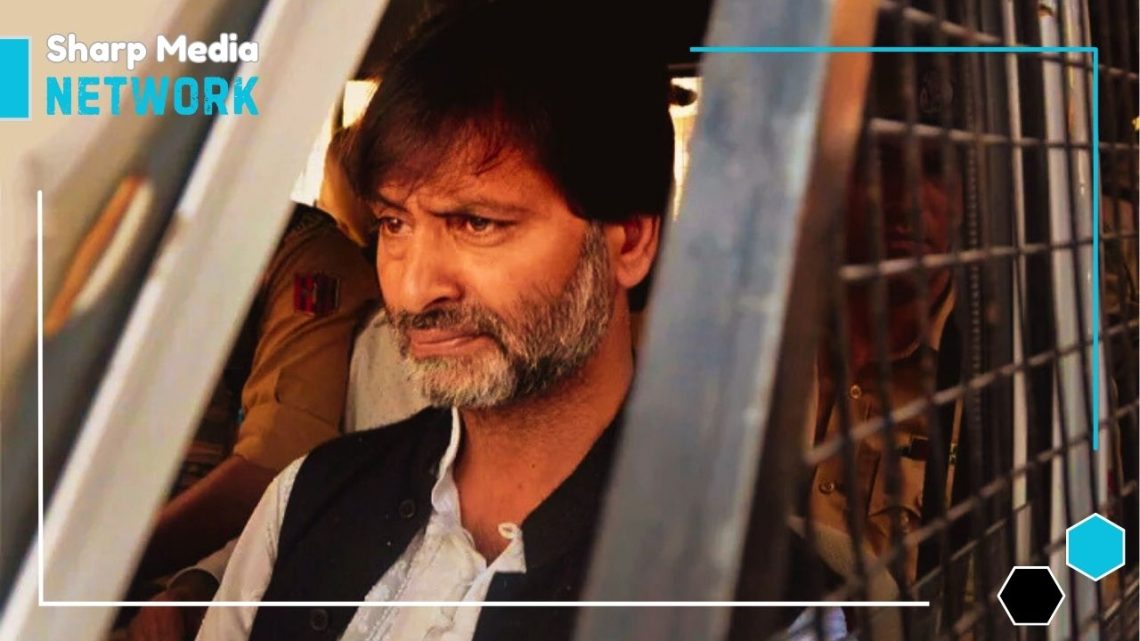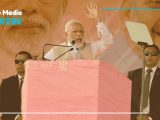
Indian Supreme Court Rejects CBI’s Request to Transfer Yasin Malik’s Case to New Delhi
January 22, 2025In a significant ruling, the Indian Supreme Court has denied the Central Bureau of Investigation’s (CBI) request to transfer the cases against Jammu and Kashmir Liberation Front (JKLF) Chairman Muhammad Yasin Malik and other leaders to New Delhi, a decision that marks a key moment in the long-running legal battle.
In a landmark decision, the Indian Supreme Court dismissed the Central Bureau of Investigation’s (CBI) petition to transfer the cases against prominent JKLF leader Muhammad Yasin Malik and other top leaders from Jammu to New Delhi. This ruling follows a comprehensive hearing where Senior Advocate Mohammad Aslam Goni presented strong arguments opposing the transfer.
The cases against Malik and other JKLF leaders date back over 35 years and have been the subject of significant controversy, with critics alleging that they are politically motivated. The CBI had sought to move the trial from Jammu to New Delhi, but the two-judge bench of the Supreme Court rejected this request. Instead, the court directed that video conferencing facilities be enhanced to allow for the continuation of the legal proceedings without the need for Malik and the other accused to travel to New Delhi.
The decision has been welcomed by Malik’s supporters, with JKLF spokesperson Mohammad Rafiq Dar expressing satisfaction over the court’s rejection of the CBI’s transfer request. However, Dar also voiced concerns over the court’s decision to proceed with the hearings via video conferencing. He argued that this mode of hearing undermines the principles of justice and fairness, as it limits the direct interaction between the accused, their lawyers, and the court, potentially hindering a fair trial.
Malik, who has been a prominent figure in the Kashmir independence movement, faces multiple charges that have been brought against him over the decades. His case has become emblematic of the larger political and legal struggles in Indian Illegally Occupied Jammu and Kashmir (IIOJK), with many viewing the charges as part of a broader effort by Indian authorities to suppress pro-independence voices in the region.
While the Supreme Court’s decision to continue the proceedings via video conferencing provides a resolution to the immediate request, it has not settled the broader debate over the fairness and transparency of the legal process. Critics argue that the legal system is being used as a tool to target political leaders like Malik, while others contend that the video conferencing arrangement is an insufficient substitute for in-person hearings, which are crucial for ensuring transparency and justice in high-profile cases.
This ruling marks another chapter in the long-standing legal saga surrounding the JKLF and its leaders. As the case progresses, questions about the impartiality of the judicial system and the treatment of political figures in IIOJK remain at the forefront of the debate.

